We wanted to make a useful infographic that can be a quick and enjoyable reference to remember or study 13 different animal heart rates and fun facts!
After reading this article, you can look forward to holding your own when chatting about the heart rates of these animals.
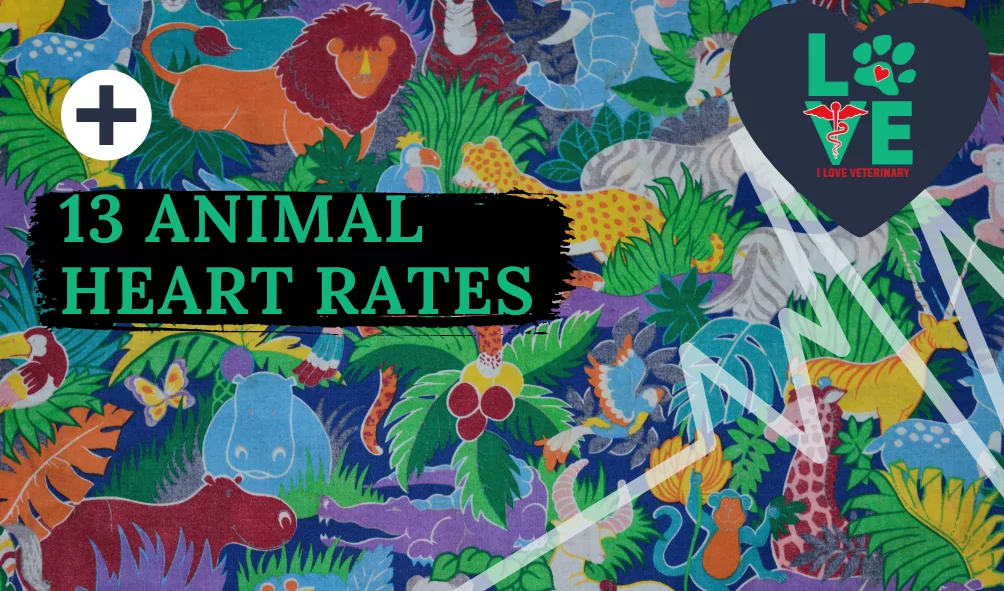
Animal Heart Rates
In our community, we have veterinary professionals that work not only in a small animal practice, but also with large, exotic, and wild animals. Animals that are smaller in stature usually have faster pulse rates. This due to the fact that it takes more force to push a certain amount of blood through tiny blood vessels than through larger ones, so the heart has to pump more to push it through.
Some animals have got more than one heart. The Hagfish has a total of seven hearts! Octopi have two “gill hearts”, and Earthworms have five hearts, that are called arches in their segmented bodies.
An interesting analysis conducted by San Jose University is to consider the effect of scale changes for creatures that are similar in shape and only differ in scale. As the scale of an animal elevates the body weight, the volume increases with the cube of scale.
The volume of blood flow required to feed that bulk also goes up with the cube of scale. The cross-sectional area of the arteries and the veins required to carry that blood flow only increases with the square of scale.
Here are 13 animals heart rate statistics and other cool facts!
Hummingbirds
- The heart rate of hummingbirds is 1000 bpm (beats per minute)
- Heart weight: 0.0035 lbs.
- Female hummingbirds lay, on average, two eggs. These eggs can be the size of a coffee bean!
- Hummingbirds have fewer feathers than any other bird species (1,000 to 1,500 feathers) due to their size.
Why don’t you consider adopting a pet bird for National Adopt a Rescue month in January?
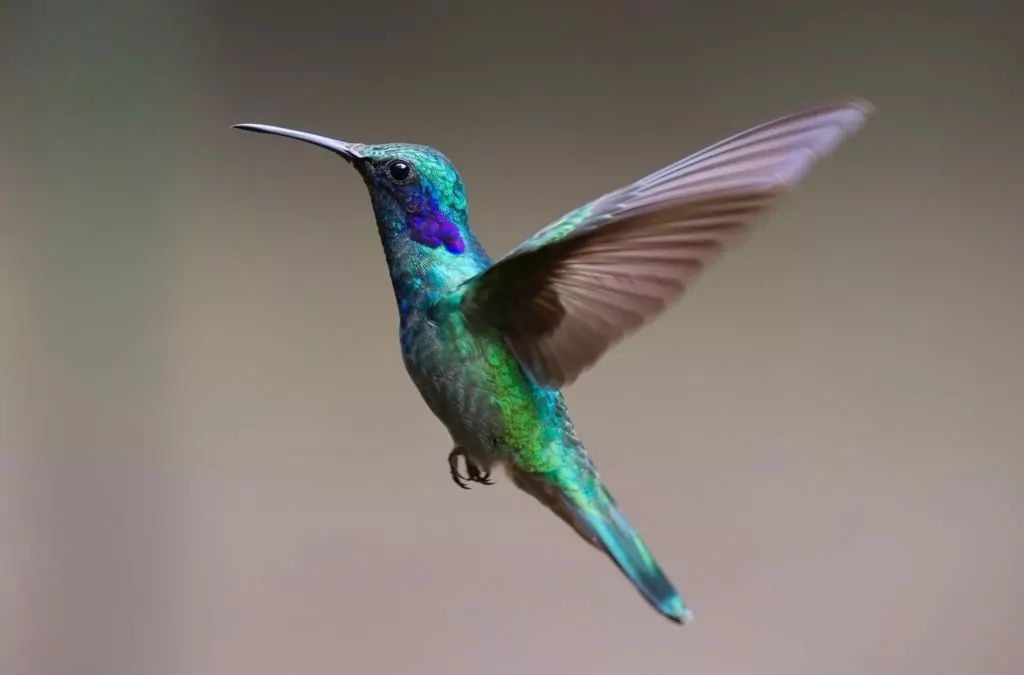
Pigmy Shrew
- The heart rate of a pigmy shrew is 1300 bpm. This heart rate may vary between species.
- The Etruscan shrew (average weight of 1.8 grams) is the lightest mammal on earth.
- Heart weight: 0.001056 lbs
- They eat three times their weight per day to maintain their metabolism.
- National Geographic has awarded the Pigmy Shrew with the fastest animal heart rate.

Cheetah
- The heart rate of the world’s fastest land animal is 120-170 beats per minute while they are resting, and 200-250 bpm when they are running.
- They can run at a speed of 120 km/h.
- Female cheetahs are solitary and called nomads, but that changes when they are caring for their cubs.
- Did you know that a group of cheetahs is called a coalition?
Giraffe
- Giraffes have a heart rate of 150 bpm.
- Their heart weights: 11kg / 25 lbs.
- Giraffes have multiple valves in their necks and the highest blood pressure among mammals – 280/180 mm Hg.
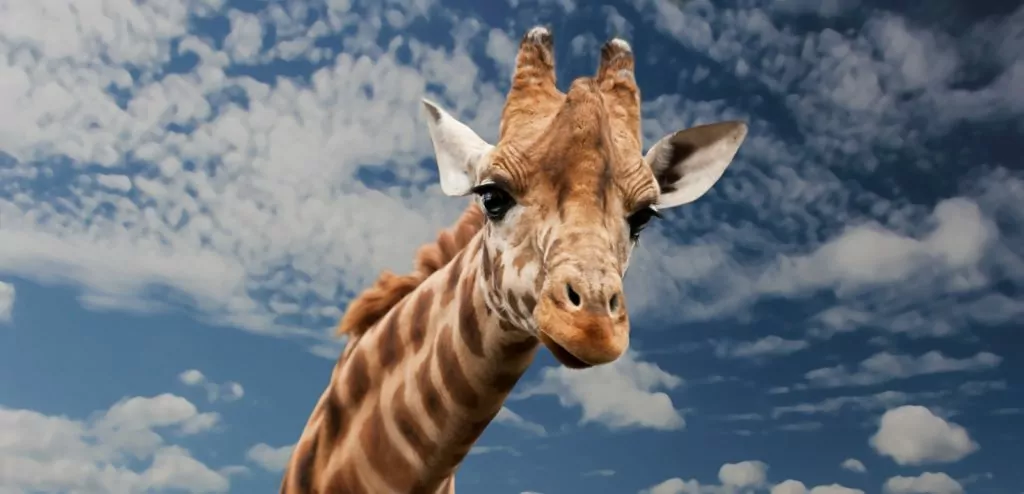
Elephant
- The heart rate of elephants is 30 bpm.
- Their heart weights: 12-21 kg / 26.5-46.3 lbs.
- The lifespan of an elephant in the wild is 70 years.
- Ellies have an amazing memory!

Blue Whale
- The blue whale is the largest animal of all time!
- Blue whales have a heart rate of 8-10 bpm.
- Their heart weights: 180kg / 400 lbs.
- How big is a blue whale’s heart? It is approximately 5 feet long and tall and 4 feet wide.
- Celebrate World Whale Day with us in February!
Cat
- A normal cat heart rate is 140-220 bpm.
- Their heart weighs about 20 grams.
- An average cat respiratory rate is 16 to 30 breaths per minute.
- Did you know what cats can cough?
Dog
- A normal dog’s pulse is 60-140 bpm depending on age, breed, and size.
- Puppies can have a heart rate of 160-220 bpm.
- A normal dog respiratory rate while resting is 10-35 breaths per minute

Rabbit
- The heart rate of rabbits is 120-150 bpm.
- Their heart weights: 3.2-10.18 grams.
- A pet rabbit can live up to 12 years or more depending on the breed.
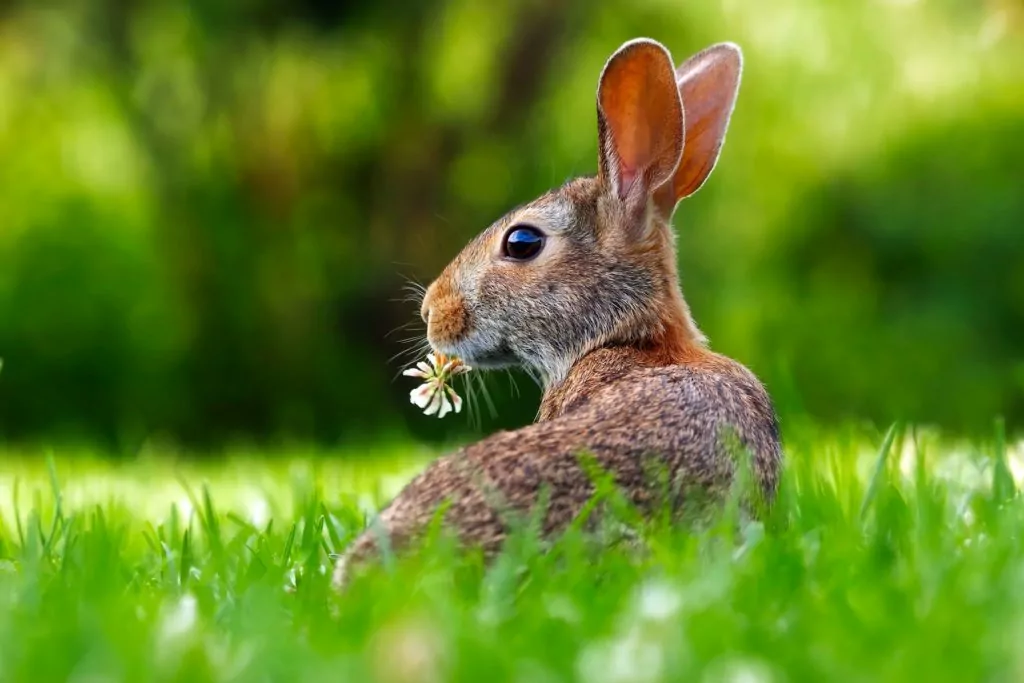
Cow
- The pulse of a cow is 48-84 bpm.
- Their heart weights: 2.2 kg / 5 lbs.
- Cows have 32 teeth.
- The gestation period of a cow is 283 days on average.
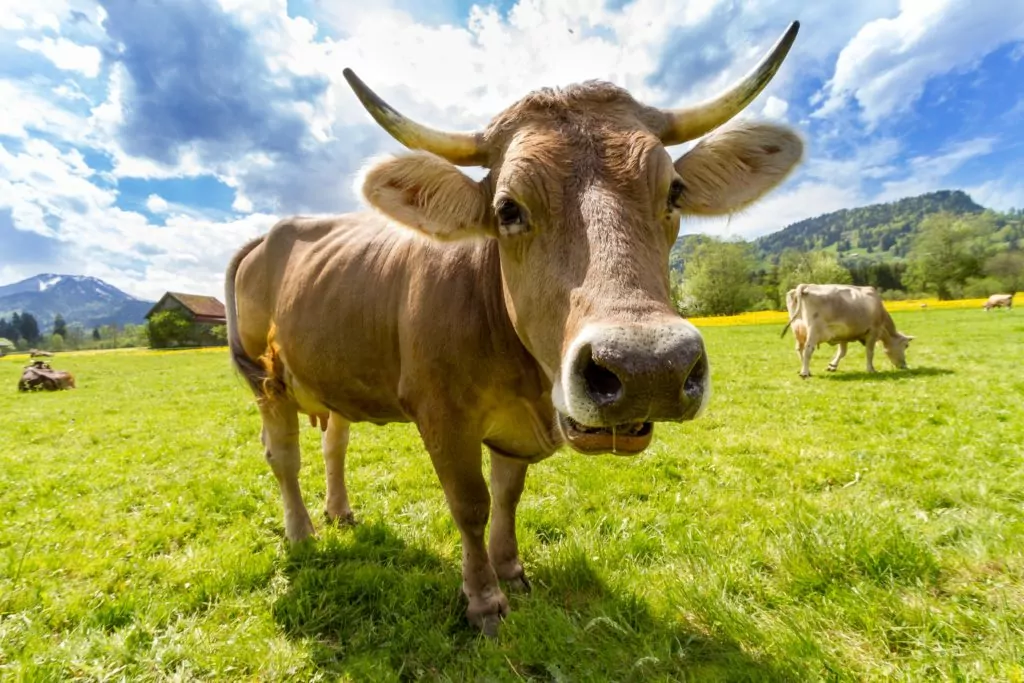
Sheep
- A normal pulse rate of a sheep is 70-80 bpm.
- A sheeps’ heart weighs 147 grams.
- There are around 600 breeds of domestic sheep in the US.
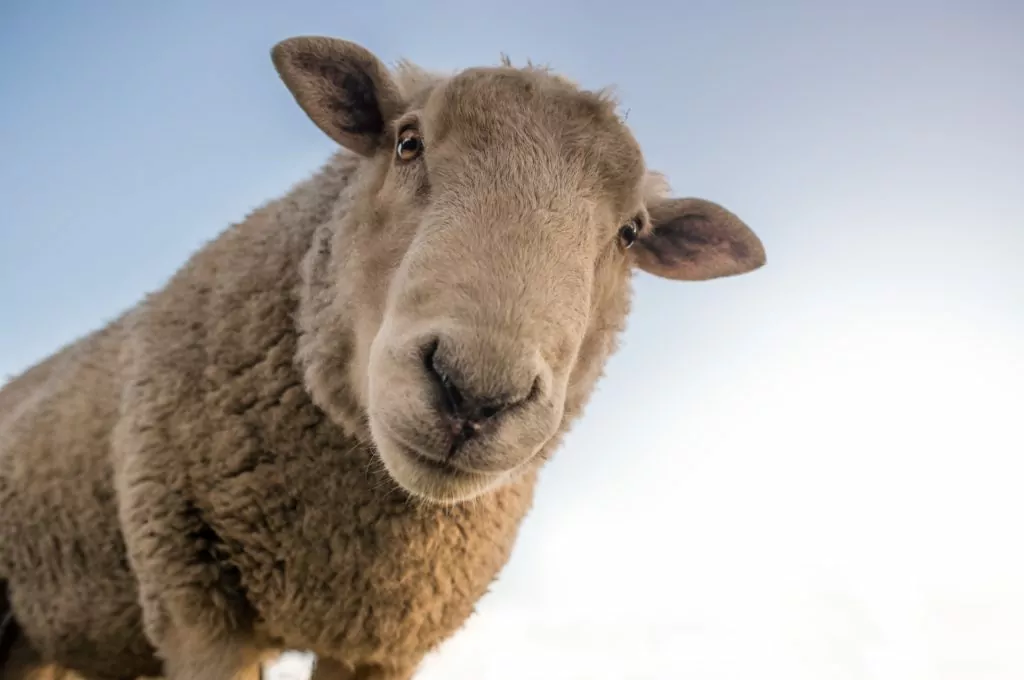
Pig
- The heart rate of a pig is 60-100 bpm.
- Their heart weights: 302 grams.
- The gestation period of a sow is 114 days.
- Learn how to teach your pig tricks.
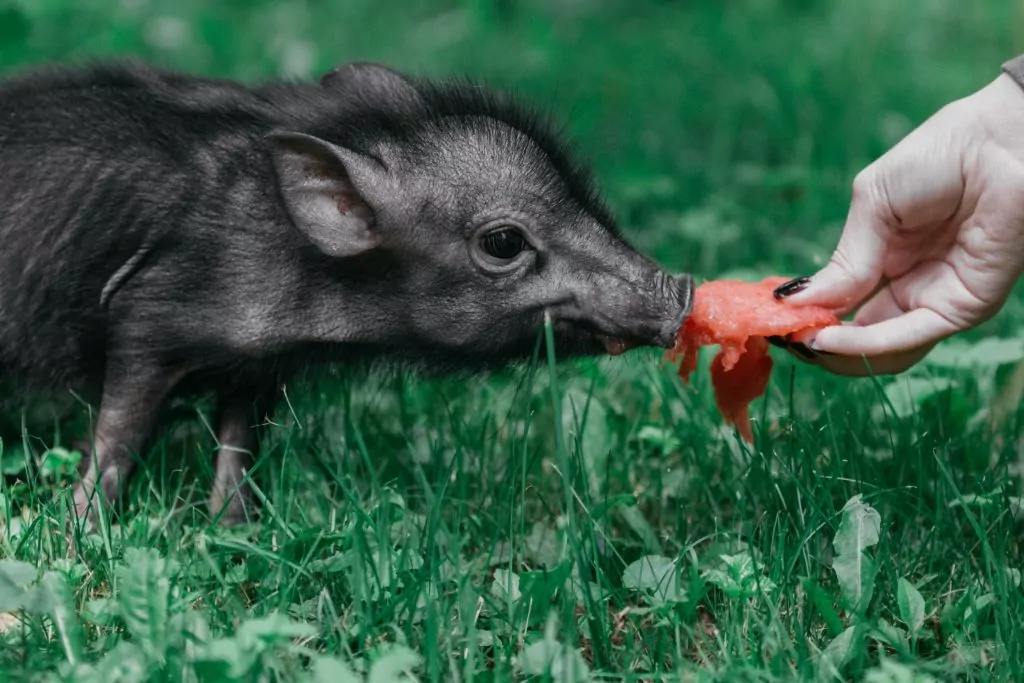
Horse
- The normal heart rate of a horse is 32-36 bpm.
- Their heart weights: 6.4 kg / 14 lbs.
- One of the most common equine diseases is Equine Influenza.
Does Every Animal Have a Heart or Circulatory System?
No, creatures such as jellyfish do not have a heart.
Here is an infographic of the animal heart rates.

